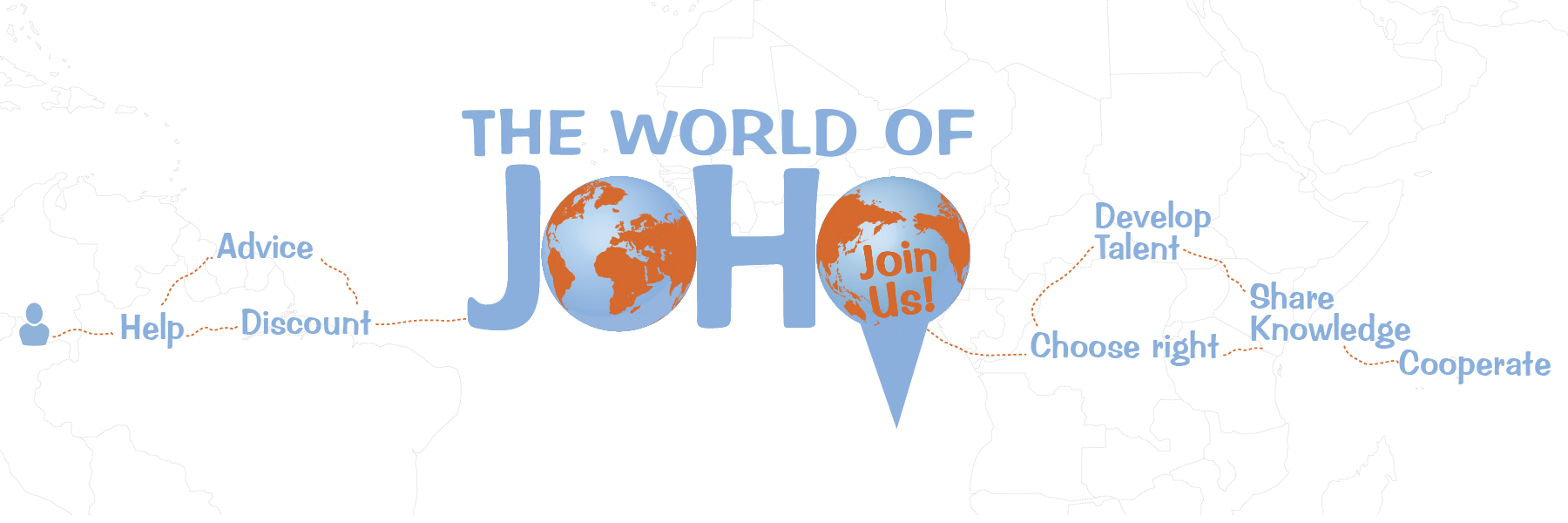DIFFERENT TYPES OF DATAA variable is any characteristic observed in a study. The data values that we observe for a variable are called observations. A variable can be categorical and quantitative.Categorical variables are variables that belong to a distinct set of categories. A categorical variable can be numerical, because some variables do not vary in quantity. (e.g: religion, favourite sport, bank account, area codes)Quantitative variables are variables that have numerical values and represent different magnitudes. (e.g: weight, height, hours spent watching TV every day)Key features to describe quantitative variables are the centre and the variability (spread) of the data (e.g: average amount of hours spent watching TV every day). Key feature to describe categorical variables is the relative number of observations in various categories. (e.g: the percentage of days in a year that it was sunny)Quantitative variables can be discrete and continuous. A quantitative variable is discrete if its possible values form a set of separate numbers, such as 0, 1, 2, 3 (e.g: the number of pets in a household). A quantitative variable is continuous if its possible values form an interval, such as 0.16, 0,13, 2,32 (e.g: weight: 68,3 kg).The distribution of a variable describes how the observations fall (are distributed) across the range of possible values. The modal category is the category with the largest frequency.A frequency table is a listing of possible values for a variable, together with the number of observations for each value. CategoryABCFrequency17239Proportion0.3470.4690.184Percentage34.7%46.9%18.4%an example of a frequency tableThe proportion of observations falling in a certain category is the number of observations in that category divided by the total number of observations. The percentage is the proportion multiplied by 100. Proportions and percentages are also called...
Access options
The full content is only visible for Logged in WorldSupporters
More benefits of joining WorldSupporter
- You can use the navigation and follow your favorite supporters
- You can create your own content & add contributions & comments
- You can save your favorite content and make your own bundles
- See the menu for more benefits
Full access to all pages on World Supporter requires a JoHo membership
- For information about international JoHo memberships, read more here.
Support JoHo and support yourself by becoming a JoHo member
Become a Member
- for free to follow other supporters, see more content and use the tools
- for €10,- by becoming a member to see all content
Why create an account?
- Your WorldSupporter account gives you access to all functionalities of the platform
- Once you are logged in, you can:
- Save pages to your favorites
- Give feedback or share contributions
- participate in discussions
- share your own contributions through the 7 WorldSupporter tools
Planning to go abroad?
Live, Study, Travel, Help or Work abroad?
Je vertrek voorbereiden of je verzekering afsluiten bij studie, stage of onderzoek in het buitenland
Study or work abroad? check your insurance options with The JoHo Foundation
- 1 of 216
- next ›
 Statistics, the art and science of learning from data by A. Agresti (fourth edition) – Book summary
Statistics, the art and science of learning from data by A. Agresti (fourth edition) – Book summary
This bundle contains a full summary for the book "Statistics, the art and science of learning from data by A. Agresti (third edition". It contains the following chapters:
1, 2, 3, 5, 6, 7, 8, 9, 10, 11, 12, 14, 15.
 Research Methods & Statistics – Interim exam 1 (UNIVERSITY OF AMSTERDAM)
Research Methods & Statistics – Interim exam 1 (UNIVERSITY OF AMSTERDAM)
Contents of this bundle:
This bundle contains a summary for the first interim exam of the course "Research Methods & Statistics" given at the University of Amsterdam. It contains the books: "Statistics, the art and science of learning from data by A. Agresti (third edition)" with the chapters:
- 1, 2, 3, 5.
And the book "Research Methods in statistics by B. Morling (third edition)" with the following chapters:
- 1, 2, 5
Access to the summaries:
- All summaries for the first and second interim are free to use with a WorldSupporter account. Join WorldSupporter first














Add new contribution